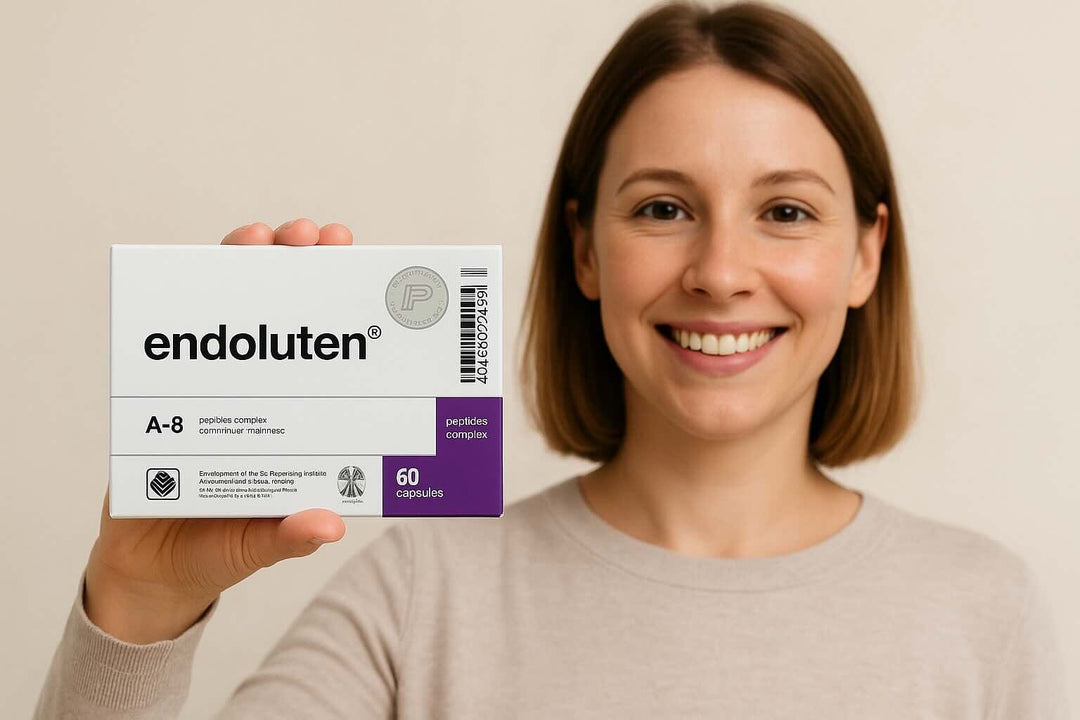Mental health includes emotional, psychological, and social well-being. It affects how we think, feel, and act. It also helps determine how we handle stress, relate to others, and make choices. Mental health is important at every stage of life, from childhood and adolescence through adulthood. Let's take a look of the best practices to build a strong Mental Health.
Try Meditation
Many people practice meditation for the profound spiritual benefits it offers, but meditation can also help you find a healthy mental or emotional space. A study by researchers from Johns Hopkins University at Baltimore, Maryland, recently showed that practicing mindful meditation can substantially improve symptoms of depression and anxiety, as well as help reduce stress. In addition to mental health, meditation is also good for those undergoing substance abuse treatment, even if it’s just for five or 10 minutes a day. If you’re confused about how to get started, there are a number of online videos and apps to get you started.
There are many different kinds of meditation, but it’s important to try different ones to find which techniques work best for you. Think of it as practice, rather than something you should perfect. Set up a specific room that is designated for meditation. Over time, your mind will develop an association between meditation and that area, which can help you get into a meditative state of mind when you’re there.
Quit Your Phone for Better Sleep
There’s lots of self-care advice to get a specific number of hours of sleep, but sleep quality is an often overlooked aspect of rest that can affect your mental illness. A recent study published in the Journal of Clinical Sleep Medicine showed that technology use before bed reduces sleep quality. Turn off your electronics an hour before bed and focus on relaxing and winding down.
Learn to Say “No”
Many of us spend our days trying to be everything for everyone. We can be stretched thin from family, friends, and work responsibilities. Learn to say no to people or situations that might increase stress. In order to do this, take an inventory of the ways you spend your time. Write down the pros and the cons for each of your obligations. You’ll be surprised to find some areas of your life might be increasing your stress without benefits. Prioritizing your time can give you a better chance to do things that help you relax.
Improve Your Mental Health by Controlling Social Media Use
The BBC recently wrote an article that considered how social media use might influence our mental well-being. One study showed that participants who used social media heavily were at a much higher risk for depression and anxiety. A possible reason for this is because heavy social media use distorts the way you view other people’s lives.
Some people can surf social media websites for hours and not struggle with any negativity. For others, however, anxiety can arise within minutes. If social media use might adversely impact how much you compare yourself to other people or distort the way you see others, consider reducing how often you use it. Social media isn’t without its benefits; after all, you can stay informed about people you love. Find a level of engagement that works well for you.
Exercise
An essential component of lifestyle modification is exercise. The importance of exercise is not adequately understood or appreciated by patients and mental health professionals alike. Aerobic exercises, including jogging, swimming, cycling, walking, gardening, and dancing, have been proved to reduce anxiety and depression. These improvements in mood are proposed to be caused by exercise-induced increase in blood circulation to the brain and by an influence on the hypothalamic-pituitary-adrenal (HPA) axis and, thus, on the physiologic reactivity to stress.
Start a Mindfulness Journal
Mindfulness is a practice focused on improving your awareness and balancing your mind. Studies have shown that practitioners of mindfulness experience many benefits, including reduced stress, improved relationship satisfaction, and better focus.
Keeping a mindfulness journal can help you experience more powerful feelings of gratitude, navigate complex feelings, or help you analyze relationships. Writing in your journal isn’t something you have to do every day. A couple of times a week will likely do the trick.
These practices will help you control stress, but don’t feel like you have to incorporate them all at once. Self-care is founded on identifying what helps to improve your wellness, so take these tactics and use them to the best of your ability. Every step counts !
Here are some supplements for you:
Cerluten® A-5 Nervous System Peptide Bioregulator
Pure Phenylethylamine (PEA) - Firma Vita - 90 Caps 400g
Nervidyne: Nervonic Acid Myelin Support (2.5 oz)





